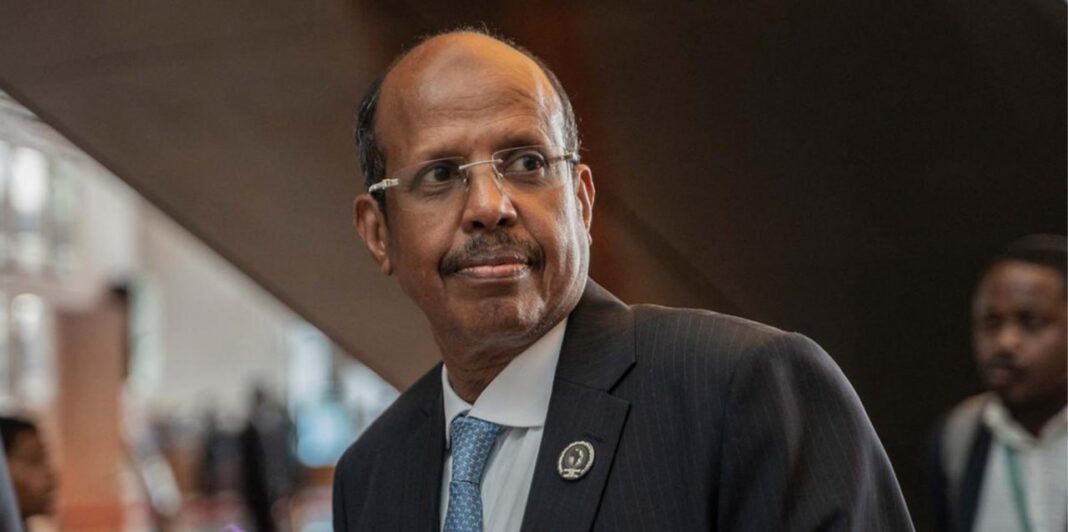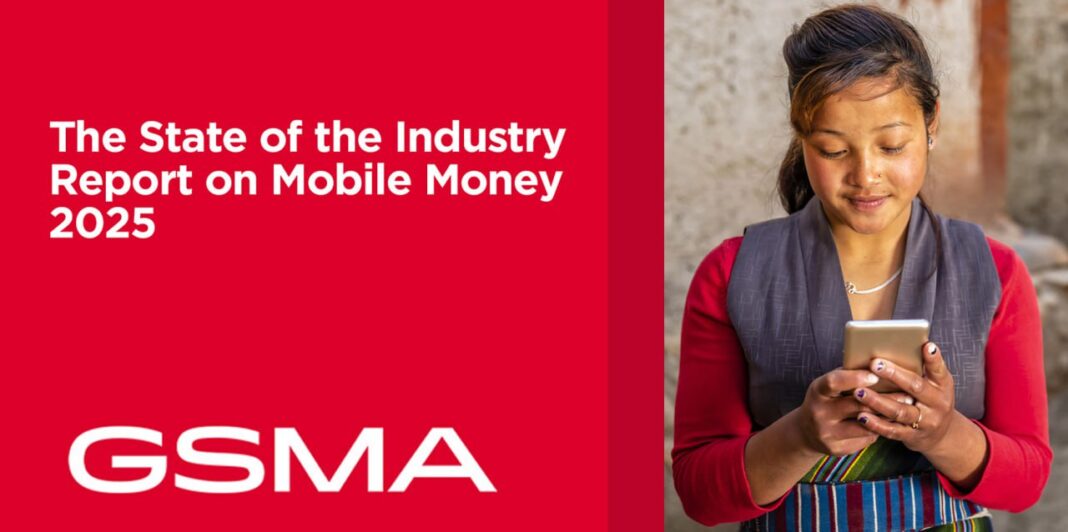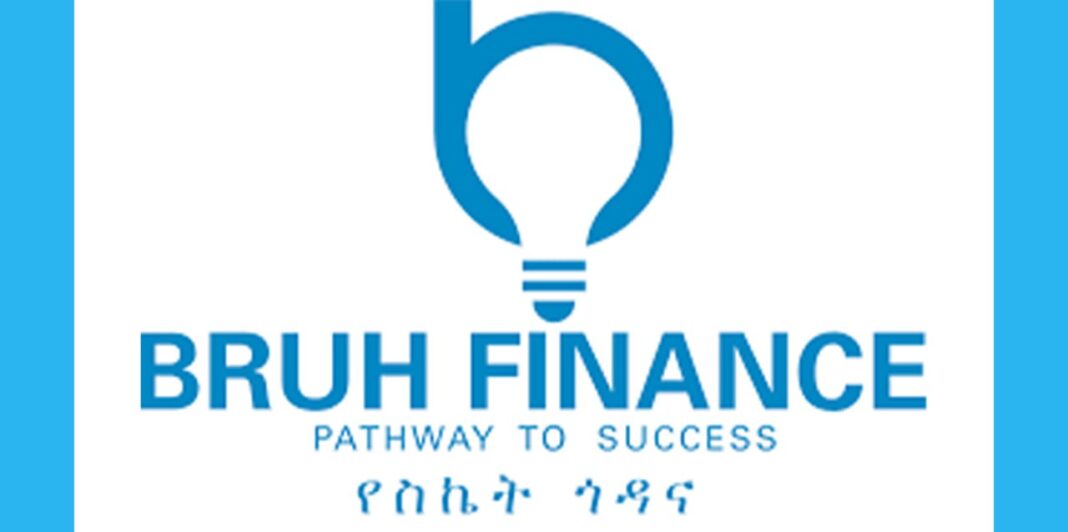The African Union (AU) is facing a pivotal moment as it grapples with sweeping international aid cuts and the imposition of new tariffs on African exports. At the opening of the 24th extraordinary session of the Executive Council in Addis Ababa, African Union Commission Chairperson Mahmoud Ali Youssouf issued an urgent call for the continent to embrace self-reliance and economic unity amid mounting external pressures.
Addressing foreign ministers and delegation leaders, Youssouf painted a sobering picture of Africa’s current predicament. “The changing global situation requires greater confidence and cooperation between African countries,” he said, warning that the reduction in aid and new trade barriers could disrupt critical sectors such as health, food security, and trade.
The AU’s concerns are underscored by recent decisions from major partners, particularly the United States, to scale back development assistance. The U.S. Agency for International Development (USAID) has slashed 83% of its aid to sub-Saharan Africa, a region that had previously received 40% of the agency’s global budget. These cuts threaten vital programs in humanitarian relief, health, and economic development, with countries like Somalia, Liberia, and Mozambique among the most affected.
The sudden withdrawal of support jeopardizes progress made in combating diseases such as HIV and Ebola and puts at risk ongoing efforts to strengthen food security and economic resilience. “The cessation of these health programmes would favour an upsurge of these deadly diseases for local populations,” analysts warn.
Compounding the challenge, new tariffs imposed by the United States on African products threaten to weaken the economies of member states. The African Growth and Opportunity Act (AGOA), which has long allowed eligible African countries to export goods to the U.S. tariff-free, is now under review, raising fears of further trade disruptions.
International observers, including the United Nations Development Programme (UNDP), have described the tariffs as a “wake-up call” for Africa to move beyond reliance on foreign aid and focus on industrialization and value addition. “The current tariff situation pushes us even harder because you can’t just be an oil economy anymore… you have to be forced to look at the non-oil sector, to industrialize, to do a little bit more manufacturing,” said UNDP Regional Director for Africa, Ahunna Eziakonwa.
In response, Chairperson Youssouf called on AU member states to adapt by mobilizing domestic resources and engaging the private sector, diaspora, and philanthropists to meet financial needs. He stressed the importance of reducing excessive dependence on foreign partners and building sustainable financial independence.
A central pillar of this strategy is the full implementation of the African Continental Free Trade Area (AfCFTA). “AfCFTA and its various mechanisms must increase their power,” Youssouf urged, emphasizing the need to open intra-African markets, remove trade barriers, and transform current challenges into opportunities.
Experts agree that fragmented national responses to global trade challenges are ineffective. Instead, a united economic front, leveraging the AfCFTA, would give Africa greater bargaining power on the world stage and help reduce vulnerability to external shocks.
Beyond economics, Youssouf also addressed the continent’s evolving peace and security landscape. He acknowledged the United Nations’ role but insisted that African-led efforts are vital for stability. “Africa has been put in charge of peacekeeping, arbitration, and defense operations… to help stabilize and restore peace through multiple crises,” he said.
Tete Antonio, Angola’s Minister of External Relations and Chairperson of the Executive Council, echoed these sentiments, stressing that Africa’s commitment to peace and security is the foundation of its development and that African-led solutions are essential.
Concluding his address, Youssouf urged immediate and unified action from the Executive Council and member states. “Hard times are coming,” he warned, “but African countries will only successfully overcome these challenges through resilience and adaptation, mobilizing alternative funding to carry out critical tasks.”







